A 5-year-old girl from the eastern New Mexico county where peanuts are grown and processed for Sunland Inc. is the latest of 36 confirmed Salmonella victims in a national outbreak.
But Sunland, the country’s largest organic peanut processing plant is getting a major scrub down in hopes of getting it back to business after a massive recall of products linked to a 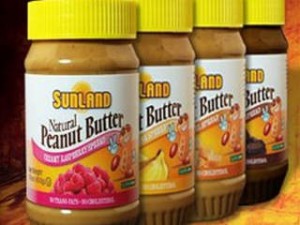 salmonella outbreak.
salmonella outbreak.
Health and business go together; it’s bad to make your customers barf.
But the competing goals are often played off against each other, rather than a drum circle of inclusiveness.
The New Mexico Health Department said it confirmed the girl from Roosevelt County had been sickened by the same bacteria that had been found in Trader Joe’s Valencia Creamy Peanut Butter and the Sunland Inc. plant where it was produced.
To date, most cases have been linked to the Trader Joe’s brand. But the health department said the young girl in Roosevelt County — which is some 200 miles from the closest Trader Joe’s store — had eaten multiple peanut products.
Health Department spokesman Kenny Vigil said the girl was never hospitalized and has recovered.
More than 300 products, including peanuts, peanut butter and other nut products processed at the plant, have been recalled.
The recall has impacted peanut butter and other nut products sold at major stores throughout the country, raising concern about the long-term impact on the industry, especially in products grown and processed in Portales, New Mexico.
The region is home to the prized Valencia peanut, representing a small percentage of the nation’s giant peanut crop. It is favored for natural peanut butter products because of its sweet taste.
Sunland closed late September when the Food and Drug Administration (FDA) and the Centers for Disease Control and Prevention (CDC) linked a salmonella outbreak to peanut butter it produced for retailer Trader Joe’s. After the FDA discovered salmonella, the recall expanded in October to include peanuts and other nut butters. Sunland’s roasting and processing facilities were also closed.
Sunland has recalled everything made within their facilities since March 2010.
That’s probably because FDA found some nasty stuff.
The recall affects many peanut butters labeled “organic” or “natural.” It does not include major brands, including Jif, Skippy or Peanut Butter.
Sunland manufactures products for Target, Costco and other major retailers.

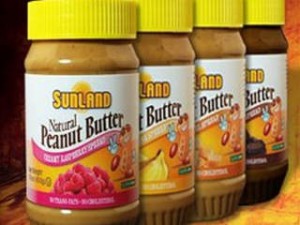

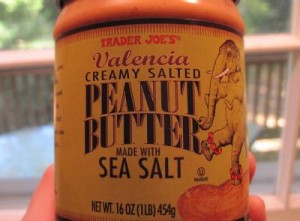
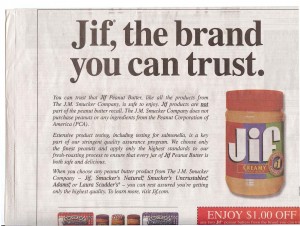

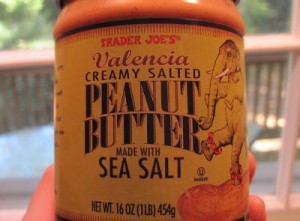
 peanut butter spreads from its Peter Pan brand.
peanut butter spreads from its Peter Pan brand.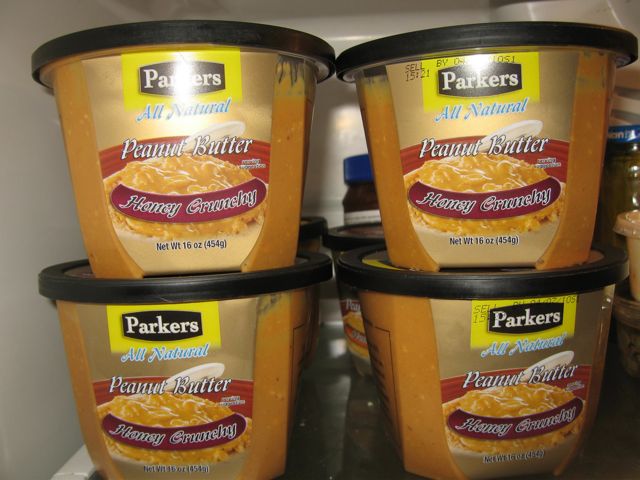 extensive recall of peanut butter, cheese and other products in January.
extensive recall of peanut butter, cheese and other products in January.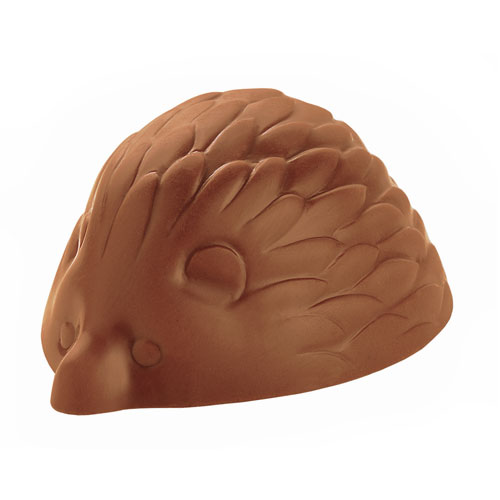 Jif peanut butter announced Tuesday that Alexandra Miller’s sandwich created in the image of a hedgehog received enough votes in an online competition last month to earn her one of five finalist spots in the Jif Most Creative Peanut Butter Sandwich Contest (the
Jif peanut butter announced Tuesday that Alexandra Miller’s sandwich created in the image of a hedgehog received enough votes in an online competition last month to earn her one of five finalist spots in the Jif Most Creative Peanut Butter Sandwich Contest (the  In a
In a 
 Early reporting
Early reporting  Other revelations underpinning the Salmonella outbreak:
Other revelations underpinning the Salmonella outbreak: